Backup Repository Parameters Configuration
pgsmart backup config [Flags]
Flags
-a, --agent= <agent>. => Alias, hostname, or IP address of the server where the desired PgSmart Agent is installed.-h, --help. => Help
Non-interactive execution is disabled for this operation.
pgsmart backup config
Backup Repository parameters can be viewed or configured in the following ways:
-
During the creation of a new Backup Repository, where you will be given the option to define its parameters at creation time.
-
Using the Add parameters option for Backup.
Query Parameters
- Instructions
- Video
-
Select the desired
PgSmart Agentor Register a new Agent. -
Select
Repositórios de Backupsin the options menu. -
Select
Listar.-
The existing
Backup Repositorieswill be displayed with their default and customer-configured parameters. -
To locate a parameter in the list, type its full name, partial name, or any set of characters related to the value or section you want. The search is case insensitive.
-
To view parameter details, press
<ENTER>on the desired parameter.warning- Parameters in blue are mandatory and essential for the service to function.
- Parameters in red are inconsistent in the configuration file and should be corrected.
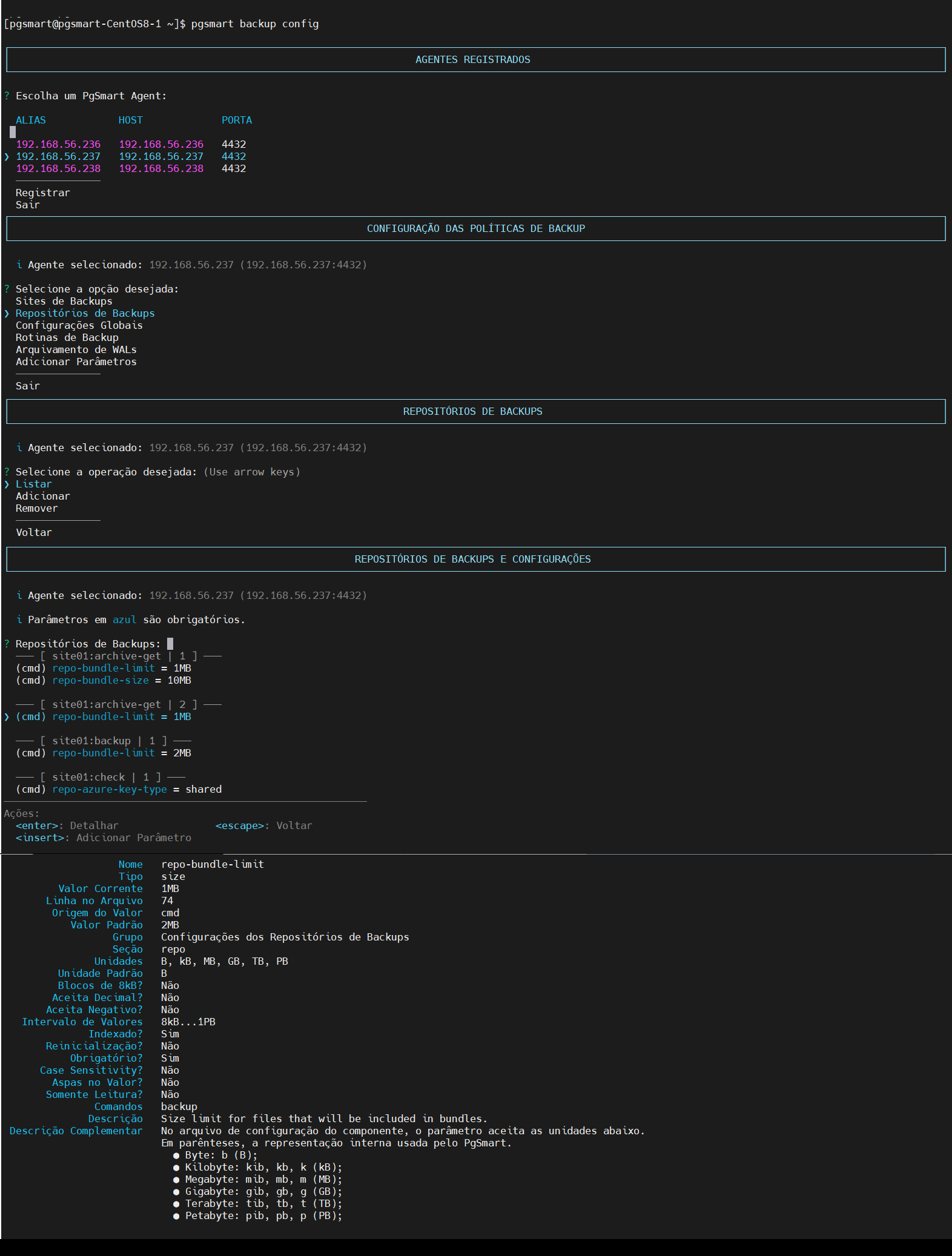 Figure 1 - Backup Repository Parameters Configuration- Query
Figure 1 - Backup Repository Parameters Configuration- Query
-
Add parameters
There are two ways to add a new Backup Repository parameter
- Via the List Backup Repositories option
- Video
- Via Add Parameters option
- Video
-
Select the desired
PgSmart Agentor Register a new Agent.1.1. Select
Repositórios de Backupsin the options menu.1.2. Select
Listar.-
The existing
Backup Repositorieswill be displayed with their default and customer-configured parameters. -
To locate a parameter in the list, type its full name, partial name, or any set of characters related to the value or section you want. The search is case insensitive.
-
To view parameter details, press
<ENTER>on the desired parameter.warning- Parameters in blue are mandatory and essential for the service to function.
- Parameters in red are inconsistent in the configuration file and should be corrected.
1.3. Press
inserton your keyboard to add a parameter to the Backup Repository.1.4. Select a parameter and
<enter>to detail the selected parameter.1.5. Select the section of the configuration file (Repository) where the parameter will be inserted.
1.6. Select the operation where the parameter will be configured, if requested.
1.7. Choose/Enter the new valid parameter value for the selected Repository.
1.8. Confirm the operation.
1.9. Confirm the
Reloadif requested.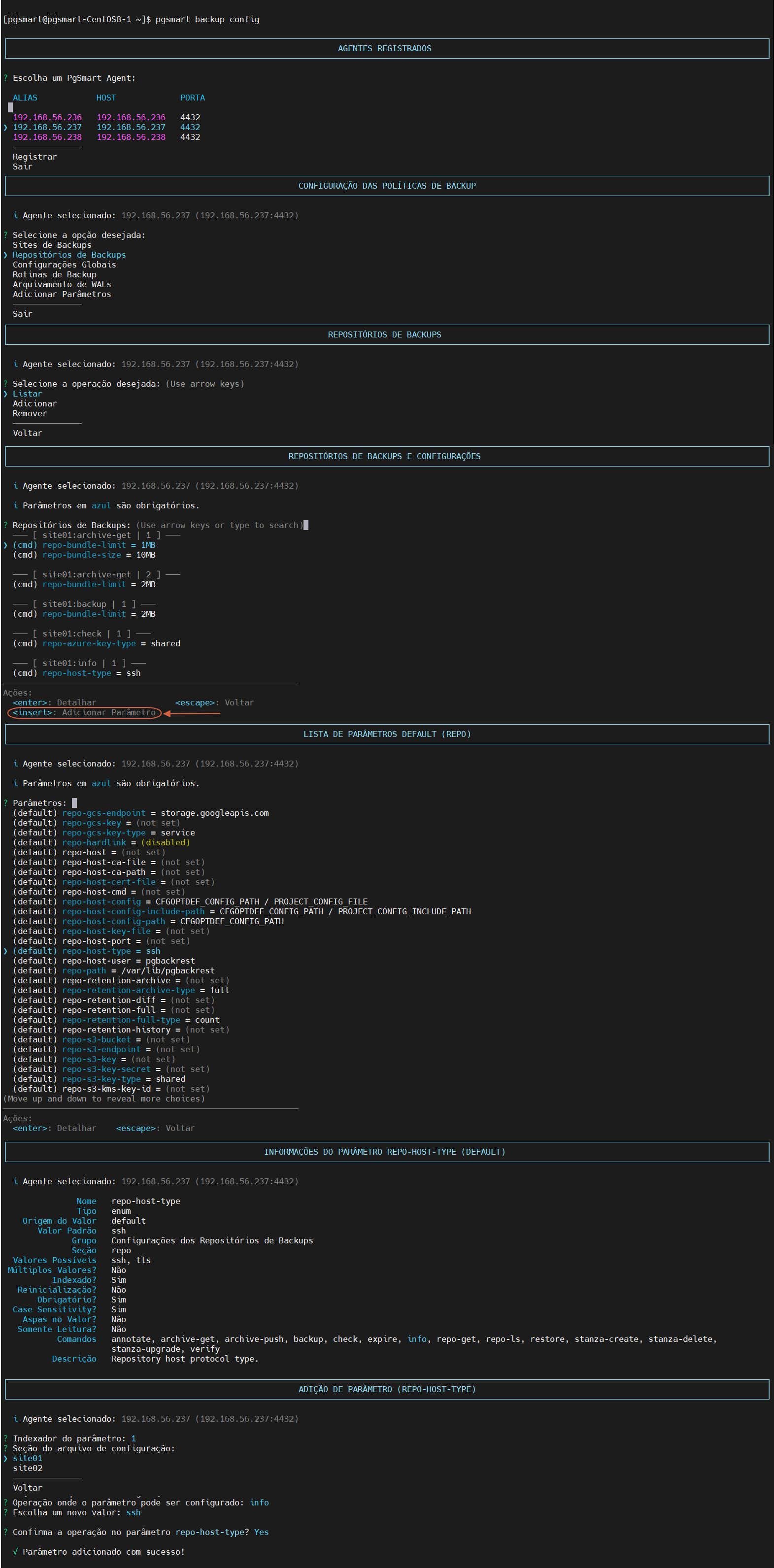 Figure 2 - Backup Repository Parameters Configuration - Insertion
Figure 2 - Backup Repository Parameters Configuration - Insertion -
-
Select the desired
PgSmart Agentor Register a new Agent.1.1. Select
Adicionar Parâmetrosin the options menu.1.2. Select
Repositórios de Backups.-
The existing
Backup Repositorieswill be displayed with their default and customer-configured parameters. -
To locate a parameter in the list, type its full name, partial name, or any set of characters related to the value or section you want. The search is case insensitive.
-
To view parameter details, press
<ENTER>on the desired parameter.note-
Backup parameters are grouped by section:
-
Each parameter is identified by its value origin:
- repo : parameters configured specifically for the backup.
- cmd : parameters configured specifically for a command.
Examples:
─── [ repo01 ] ───
(site) pg1-host = 192.168.56.237─── [ site01:archive-push ] ───
(cmd) archive-push-queue-max = 1B
warning- Parameters in blue are mandatory and essential for the service to work.
- Parameters in red are inconsistent in the configuration file and need to be corrected.
-
1.3. Select a parameter and
<enter>to detail the selected parameter.1.4. Select the section of the configuration file (Repository) where the parameter will be inserted.
1.5. Select the operation where the parameter will be configured, if requested.
1.6. Choose/Enter the new valid parameter value for the selected Repository.
1.7. Confirm the operation.
1.8. Confirm the
Reloadif requested.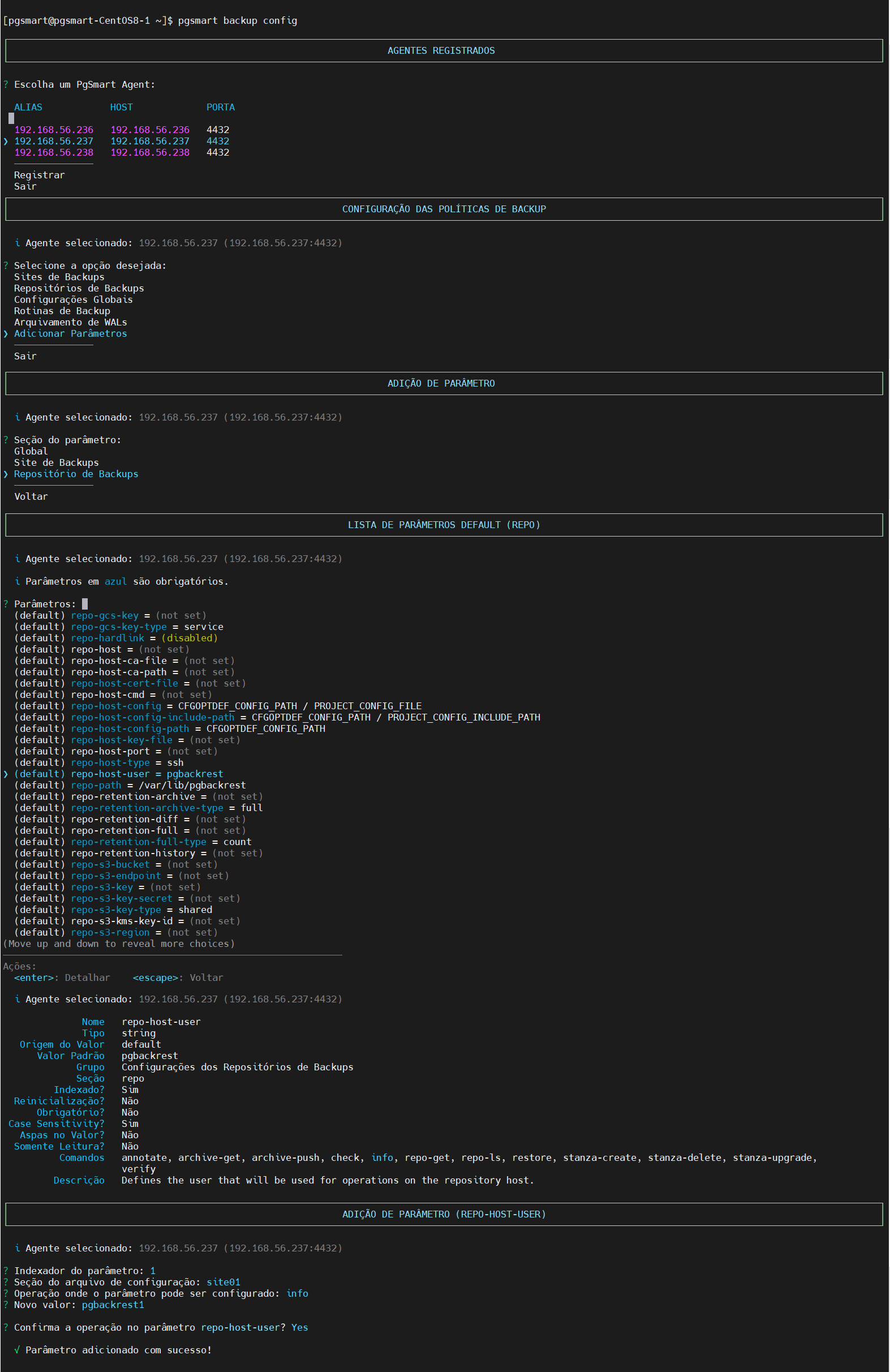 Figure 3 - Backup Repository Parameters Configuration - Addition
Figure 3 - Backup Repository Parameters Configuration - Addition -
Edit Parameters
- Instructions
- Video
-
Select the desired
PgSmart Agentor Register a new Agent.1.1. Select
Repositórios de Backupsin the options menu.1.2. Select
ListThe Backup Repositories with their respective parameters will be presented.
1.3. Select a
Backup Repository parameter.1.4. Press
Enterto detail the parameter.1.5. Select
Editar1.6. Adjust the
Backupinformation as needed:1.7. Confirm the Operation.
1.8. Confirm the Reload of the
Backupservice if requested.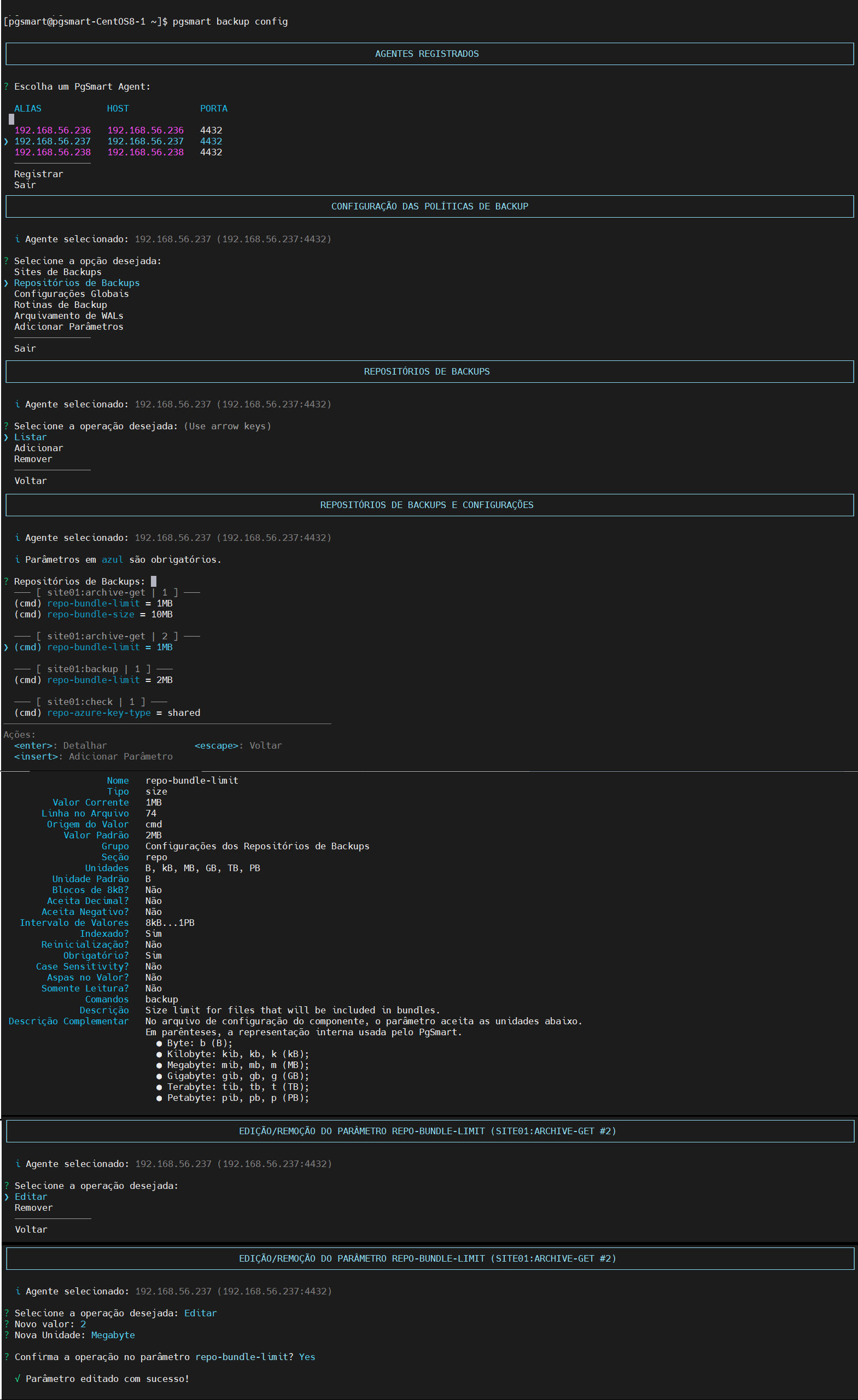 Figure 4 - Backup Repository Parameters Configuration - Edit
Figure 4 - Backup Repository Parameters Configuration - Edit
Remove Parameters
- Instructions
- Video
-
Select the desired
PgSmart Agentor Register a new Agent.1.1. Select
Repositórios de Backupsin the options menu.1.2. Select
ListarThe Backup Repositories with their respective parameters will be presented.
1.3. Select a
Backup Repository parameter1.4. Press
Enterto detail the parameter.1.5. Select
Remover1.6. Confirm the Operation.
1.7. Confirm the Reload of the
Backupservice if requested.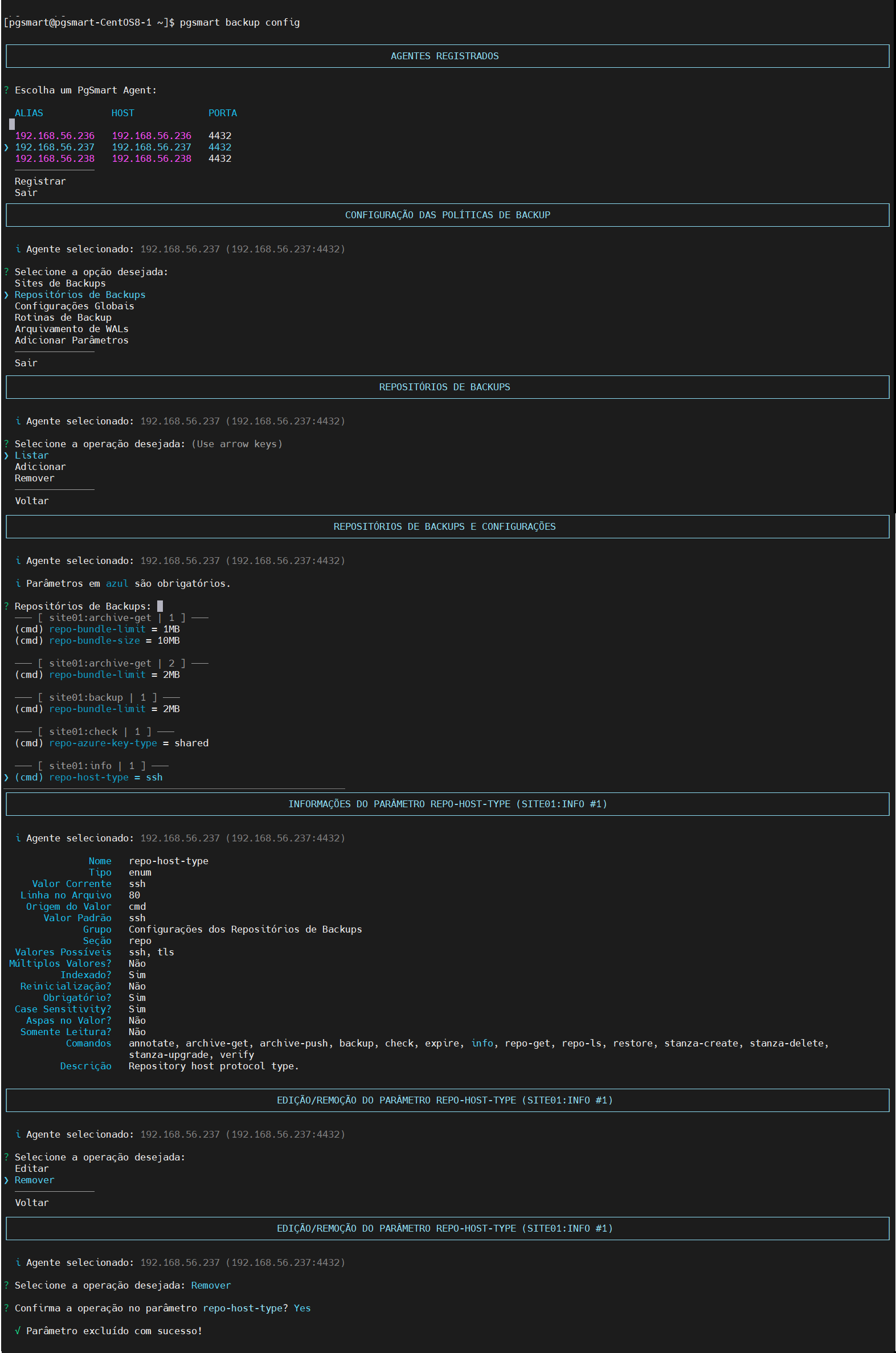 Figure 5 - Backup Repository Parameters Configuration - Removal
Figure 5 - Backup Repository Parameters Configuration - Removal
-
Depending on the modified parameter, it may be necessary to RELOAD or RESTART the instance. PgSmart will inform you which action is required to apply the parameter change.
-
If
ReloadorRestartis not confirmed, the configuration will remain in the file until the required action is performed.
-
Backup parameters are grouped by section:
-
Each parameter is identified by its value origin:
- repo : parameters specifically configured for backup.
- cmd : parameters specifically configured for a command.
Examples:
─── [ repo01 ] ───
(site) pg1-host = 192.168.56.237─── [ site01:archive-push ] ───
(cmd) archive-push-queue-max = 1B
-
Backup parameters are described based on their main characteristics, helping to understand their behavior and constraints.
-
Each parameter is fully documented to ensure the user knows how to configure it correctly with the following information (where applicable):
- Name: Name of the parameter.
- Type: Defines the type of data accepted (e.g., integer, boolean, string, size, list, list_kv).
- Current Value: Currently configured value.
- Value Origin: Source that defined the value (e.g., default, global, repo, and cmd (command)).
- Default Value: Value assumed if no other value is configured.
- Group: Functional category of the parameter (e.g., backup, restore).
- Sections: Contexts where the parameter can be used (global, site, repo).
- Default Unit: Unit assumed if no explicit specification is given.
- Mandatory?: Indicates if the parameter is mandatory.
- Requires Restart?: Whether changes require restarting the service.
- Read-Only?: Indicates if the value can or cannot be changed after initial configuration.
- Commands: Operations where the parameter is used (e.g., backup, restore, check).
- Description: Brief explanation of the parameter's function.
- Additional Description: Additional information, examples, or important notes.
-
Details specific to Integer and Size types:
- Units (B, kB, MB, etc.)
- Does it accept decimals?
- Does it accept negative values?
- Range of values.
-
Details specific to List types:
- Mandatory indexing (pg1-, pg2-).
-
Details specific to String types:
- Quotation marks required (special cases).
- Case sensitive.